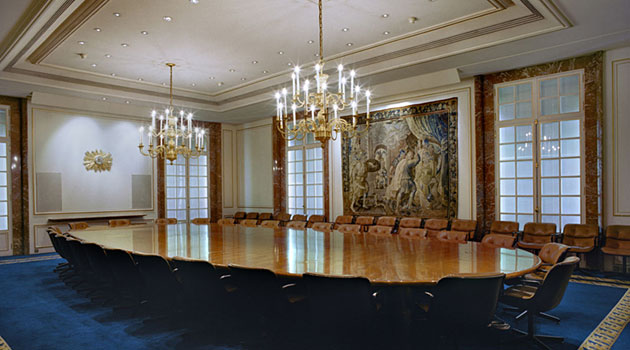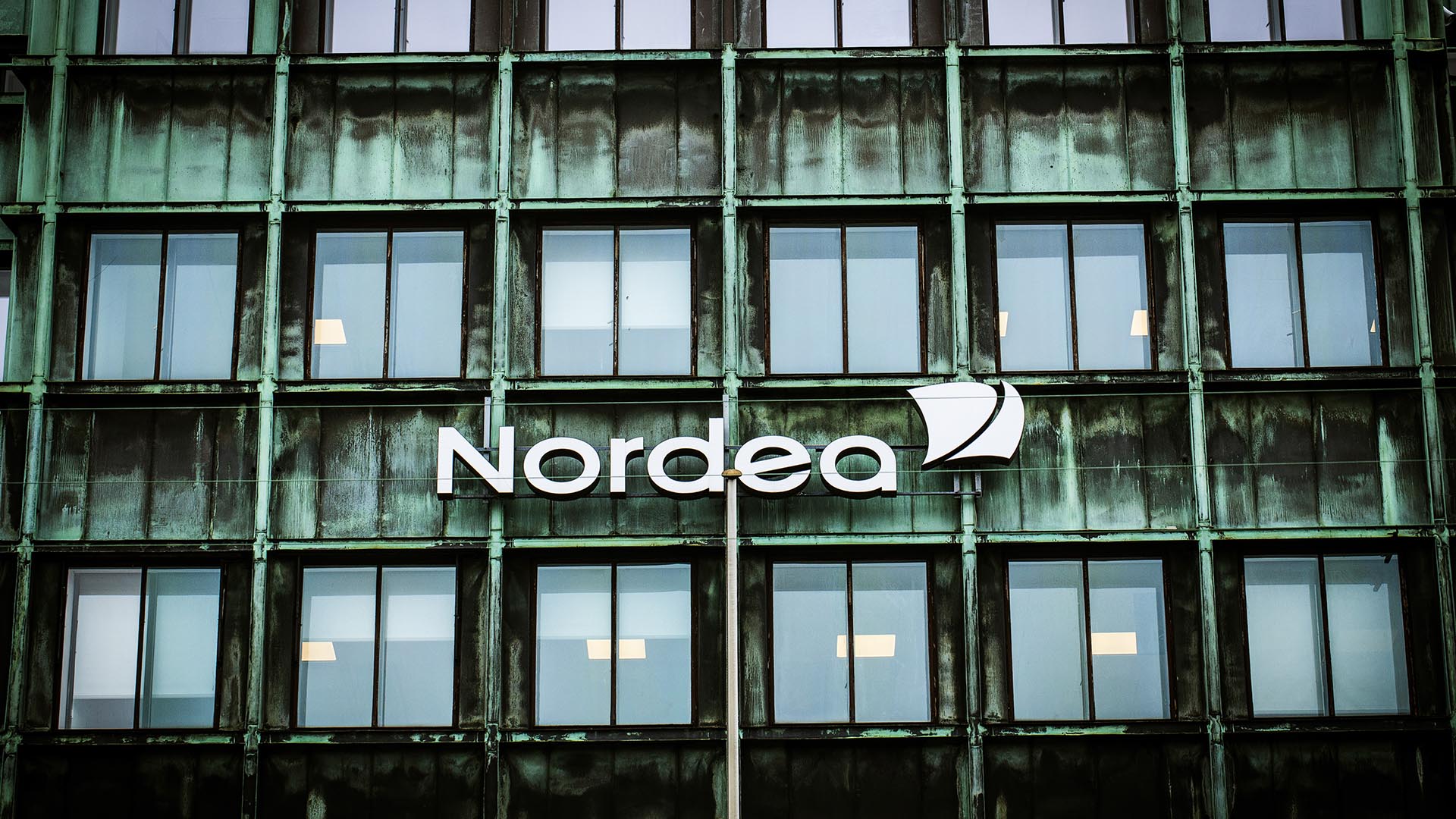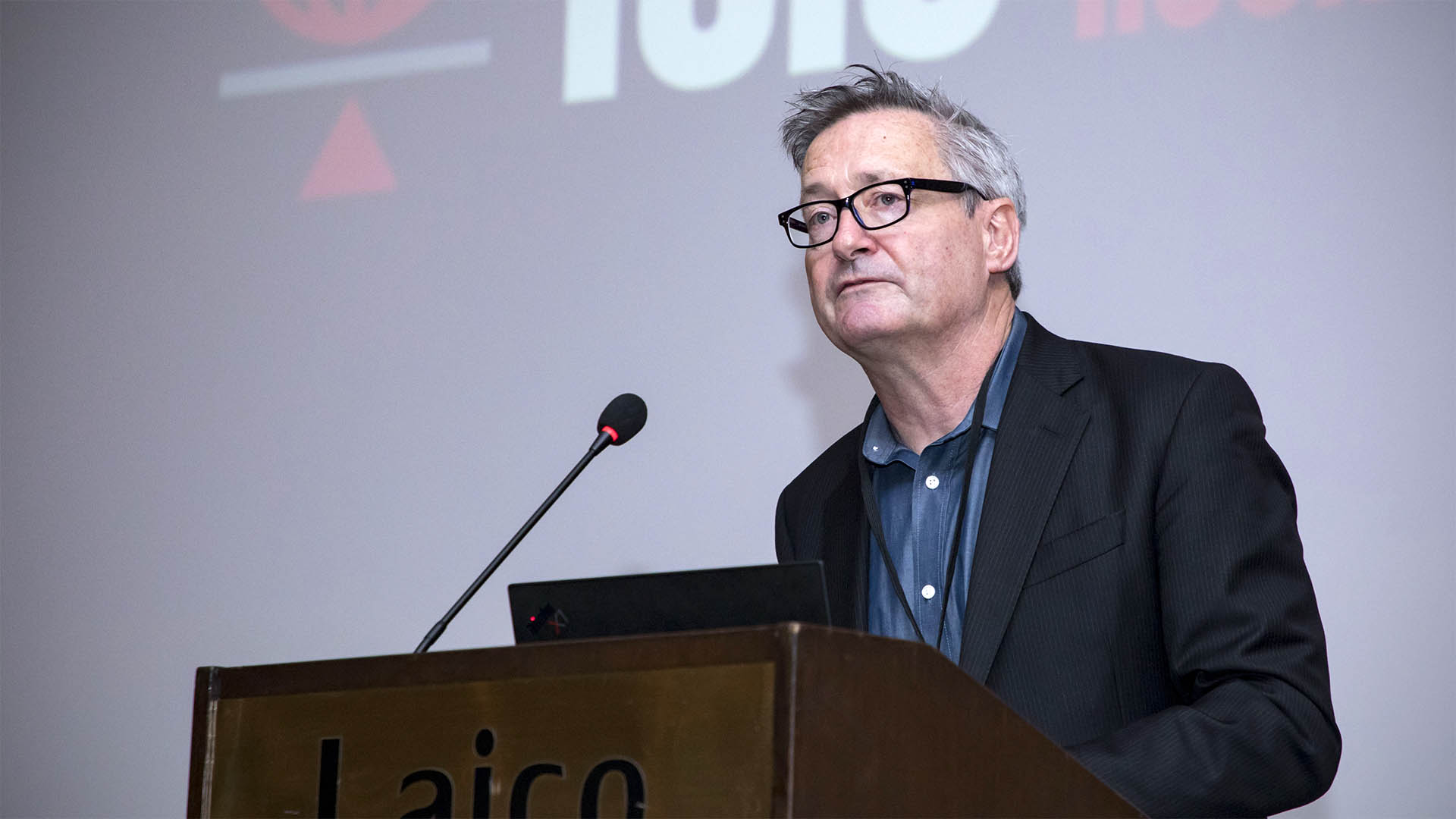The “Offshore Leaks” files published around the world on April 4 show that, from the late 1990s until the end of the 2000s, two major French banks, BNP Paribas and Crédit Agricole, oversaw the creation of a large number of totally opaque offshore companies in the British Virgin Islands, Samoa and Singapore for clients in search of secrecy and lower tax rates.
These are the findings unearthed by the International Consortium of Investigative Journalists (ICIJ), which has been researching the story for over a year.
According to these secret documents, BNP Paribas channels operations through its Singapore and Hong Kong subsidiaries, whereas Crédit Agricole relies on its Geneva-based Swiss subsidiary.
Both banks have set up companies through their Asian subsidiaries with the help of Portcullis TrustNet, a service provider that specializes in offshore business and turnkey companies (the famous “quick” companies that can be incorporated within 48 hours) for rich clients claiming to be domiciled in Asia and concealed by nominees.
Setting up such firms is not in itself illegal by law in English-speaking countries, as long as such services are not offered to clients in a country where this type of company is banned (which includes France, where the beneficiaries of a company must be identified by law and trusts are banned).
However, such activities require extreme vigilance. Experts in the fight against international tax evasion and fraud all agree that any bank engaging in this kind of activity exposes itself to a serious risk of aiding and abetting tax fraud or even money laundering.
The active involvement of the two French banks in setting up these offshore firms contributes to international financial secrecy and contravenes the principles they have repeatedly asserted in public.
For example, on the 17th of April, 2012, Baudouin Prot, chairman of the BNP Paribas banking group, made a bullish declaration to the Senate investigative committee into tax evasion: “We make no compromises in this area: we insist on being absolutely exemplary.”
On the 30th of January 2013, at a parliamentary hearing during the review of the bill on splitting up and regulating the banking industry, the chief executives of the major French banks stated to a man that their offshore activities were either marginal or else related to funding the real economy (for example, financing ships or planes in states with obliging contract law arrangements).
The ICIJ’s files made it possible to trace 56 international business companies – an entity comparable to a trust – that BNP Paribas had set up through its subsidiaries in Jersey and Asia (Singapore, Hong Kong and Taiwan), in the British Virgin Island, Samoa, and the Seychelles.
Crédit Agricole also appears to have been very active, at least until the end of the 2000s, and according to the ICIJ’s files set up 36 companies through Crédit Agricole Suisse SA and its Asian branches (Hong Kong and Singapore).
When contacted by Le Monde, BNP Paribas’ CEO, Jean-Laurent Bonnafé, refused to comment publicly. Yet after examining its activities in Asia, the bank confirmed that these firms did exist, but insisted that half of them were no longer operational today.
BNP Paribas claims that these companies were set up for Asian clients or clients domiciled in Asia in strict accordance with the law, that the bank “knows the identity” of these individuals and has “verified the funds’ origins, uses and purposes”. The bank says that none of these clients is European.
According to BNP Paribas, their clients are not attempting to avoid inheritance tax, which is low in Asia, but simply trying to put their money in a safe place in territories where there is business confidentiality so that they can pass it on to their heirs in secret when the time comes.
“Most inheritance in Asia and the Commonwealth countries is channelled through trusts in offshore territories,” says BNP Paribas in justification. “It’s an accepted form of private banking.”
However, the ICIJ’s information undermines BNP Paribas’ claims. It shows that the real shareholders of the company Muju International Limited, set up in the British Virgin Islands by BNP Paribas Private Banking in Singapore, are domiciled in Greece, i.e. in a European country that has been receiving financial aid from the European Union since 2010 and whose finances are blighted by tax evasion. They are George Macrymichalos and Dimitrios Charitatos.
Sources in Athens have confirmed that the latter is the son of Catherine Drakopoulos-Charitatos and grandson of the Greek shipping magnate George Drakopoulos, who owned Empros Lines until his death in 2008. Mr Macrymichalos and Mr Charitatos are the current company directors of Empros Lines.
For its part, Crédit Agricole refused to comment on confidential information, hiding behind “bank secrecy and other applicable confidentiality rules, non-compliance with which is a punishable offence”.
A senior official from the cooperative bank did however emphasize that the bank had conducted a major cleanup of its activities in uncooperative tax havens (in their relations with internal revenue services or other countries’ judicial authorities) in 2009 and 2010 following the G20 summit in London in April 2009. In the wake of the 2008 financial crisis, the major economic powers had declared war on “palm-fringed jurisdictions”, as they are known, and urged their banks to pull out of international financial black holes.
The ICIJ’s files lay bare a host of incredibly complex offshore arrangements. They are clearly designed with concealment in mind – particularly from regulators.
This raises the question of their beneficiaries’ intentions. They contain multiple layers of bogus directors and shareholders based at P.O. box addresses in tax havens dotted around the globe.
Triple 888 Fortune Limited, which is registered in the British Virgin Islands, is a prime example. The company’s directors include bankers from BNP Paribas Jersey and other companies domiciled in the Virgin Islands and the Cayman Islands. One of its shareholders is UBS Nominees, a Swiss bank subsidiary that specializes in supplying nominees. It is a freak of law that would prove impenetrable to any tax authority minded to take a closer look at its cash flows and legality and to track down its true financial beneficiaries.
The architecture of the companies set up by Crédit Agricole is just as opaque. Coincidentally, it uses the same nominees as its French competitor, including companies such as Execorp Limited, Sharecorp Limited or Acticorp Limited, as well as fictitious directors and fake shareholders that Portcullis TrustNet rents by the year.
This raises similar issues. What was the purpose of setting up these “vehicles”? What checks were carried out? Can the bank vouch for the identity and probity of its clients? Can it guarantee that these structures have not been used to shield money from taxation in the country of origin? Is it not exposing itself to money laundering?
Experts say that French banks were among the first to react to pressure from governments and civil society in 2009 by withdrawing from tax havens such as Panama that were seen as overly opaque and unwilling to cooperate with other countries’ tax and legal authorities. But this process of withdrawal has ground to a halt since. The banks’ activities lack transparency, and nameless trusts and unaudited offshore firms are prospering.
Although the banking industry has made enormous efforts to implement procedures to counter the laundering of the proceeds of crime, its actions to combat tax evasion and fraud are considered insufficient.
A bank executive who wishes to remain anonymous challenges these accusations. “The black list of tax havens drawn up by the OECD [Organisation for Economic Co-operation and Development] no longer exists. Every one of them has signed a tax treaty. Why should we refuse to work in territories that are not on file?” he wonders, then continues: “We apply rules when they exist. If politicians have the courage to penalize countries they consider opaque, we’ll adapt. It’s not up to the banks to do the policing. We’re not the police or the army, let alone prosecutors.”
For Daniel Lebèque, former head of the French Treasury and president of the anti-corruption NGO Transparency International, “one of the major challenges is to set up a national register of trusts and other kinds of opaque offshore firms and foundations so that we know the names of the trustees, managers and real financial beneficiaries of these entities all around the world. Transparency is one of the pillars of the free market. It is non-negotiable. I am delighted that France and subsequently Europe decided to force the banks to report their activities on a country-by-country basis worldwide, including their turnover, the profits they make and the taxes they pay,” says this experienced observer of banking practices, alluding to the banking law that is currently being examined by the French parliament.
In his 2009 preface to a book by Philippe Quême published in 2011 (Monnaie bien public ou “banque-casino”?, L’Harmattan), the former head of the Treasury wrote: “Banks are expected to behave in a socially responsible manner and to keep a close eye on the impact of their activities (…) Governments and professionals are jointly responsible for ensuring that the globalization of trade does not go hand in hand with an exponential increase in fraud and financial crime including money laundering, corruption and tax havens.”
The NGO CCFD-Terre Solidaire concurs with his analysis. “We know how shrewdly banks around the world adapt to what they are or are not allowed to do,” notes Mathilde Dupré. “Tax havens exist and they are harmful to states, especially developing countries. They need to collect the taxes that are currently slipping through their fingers.”
This story was also published in Le Monde.



